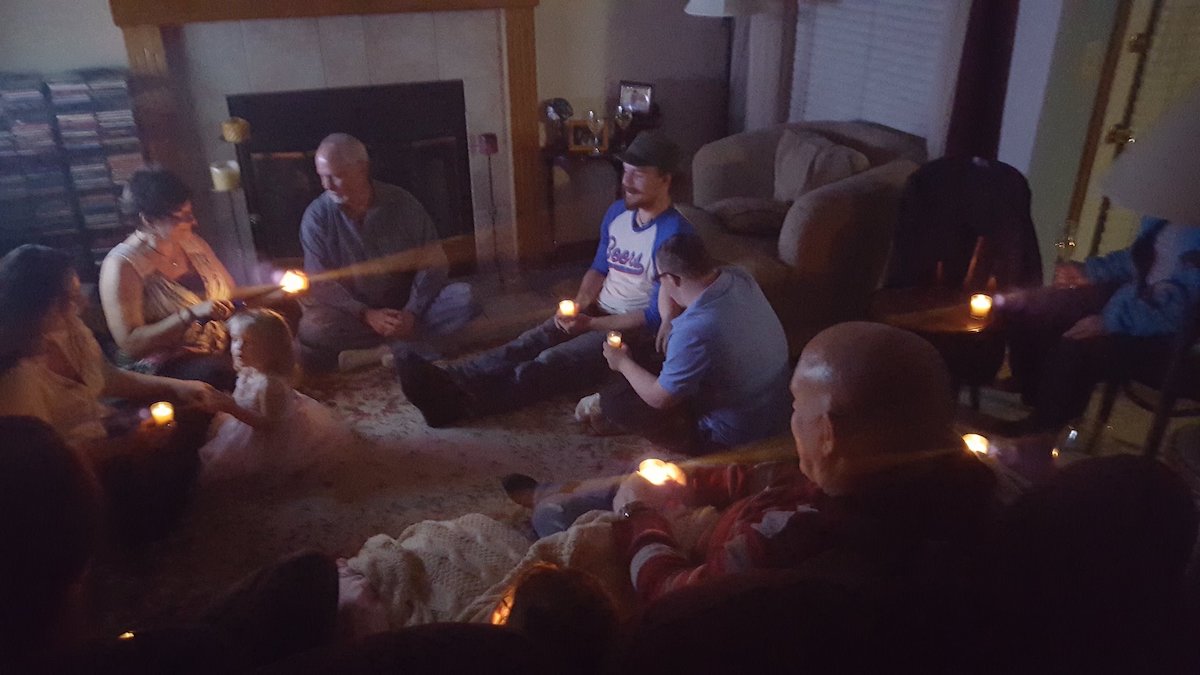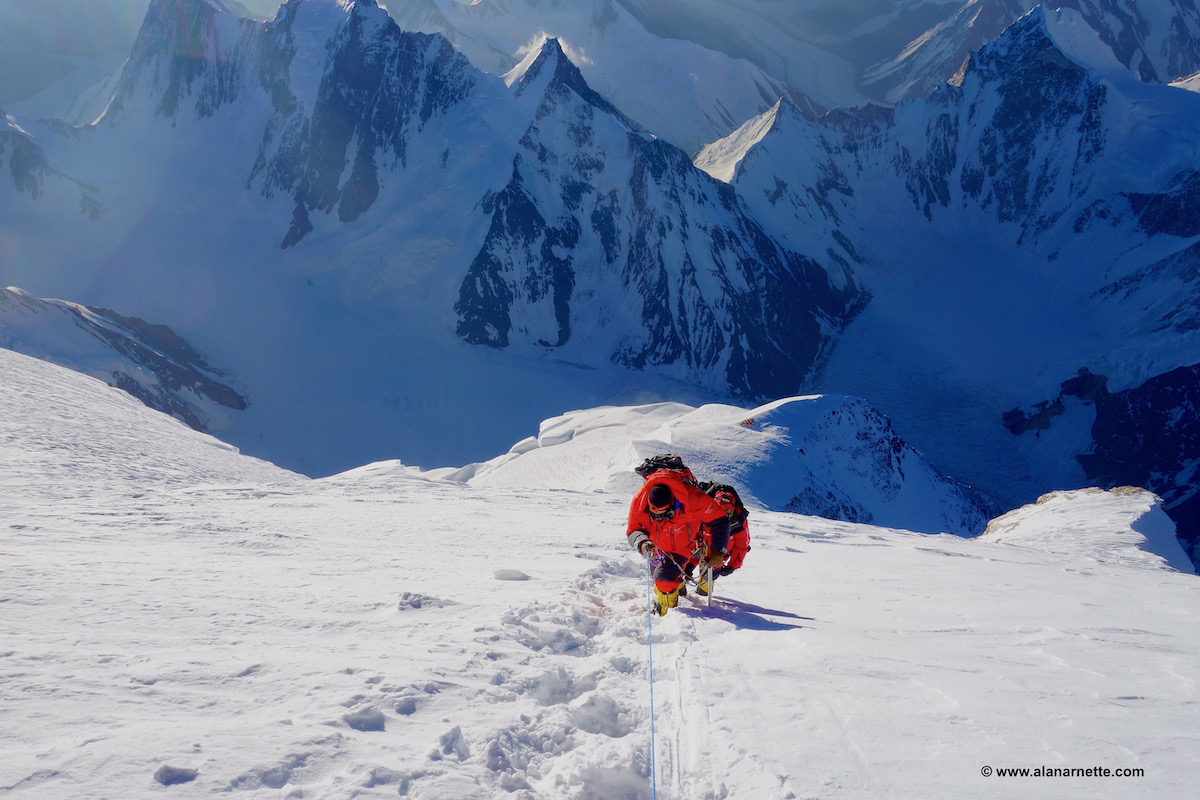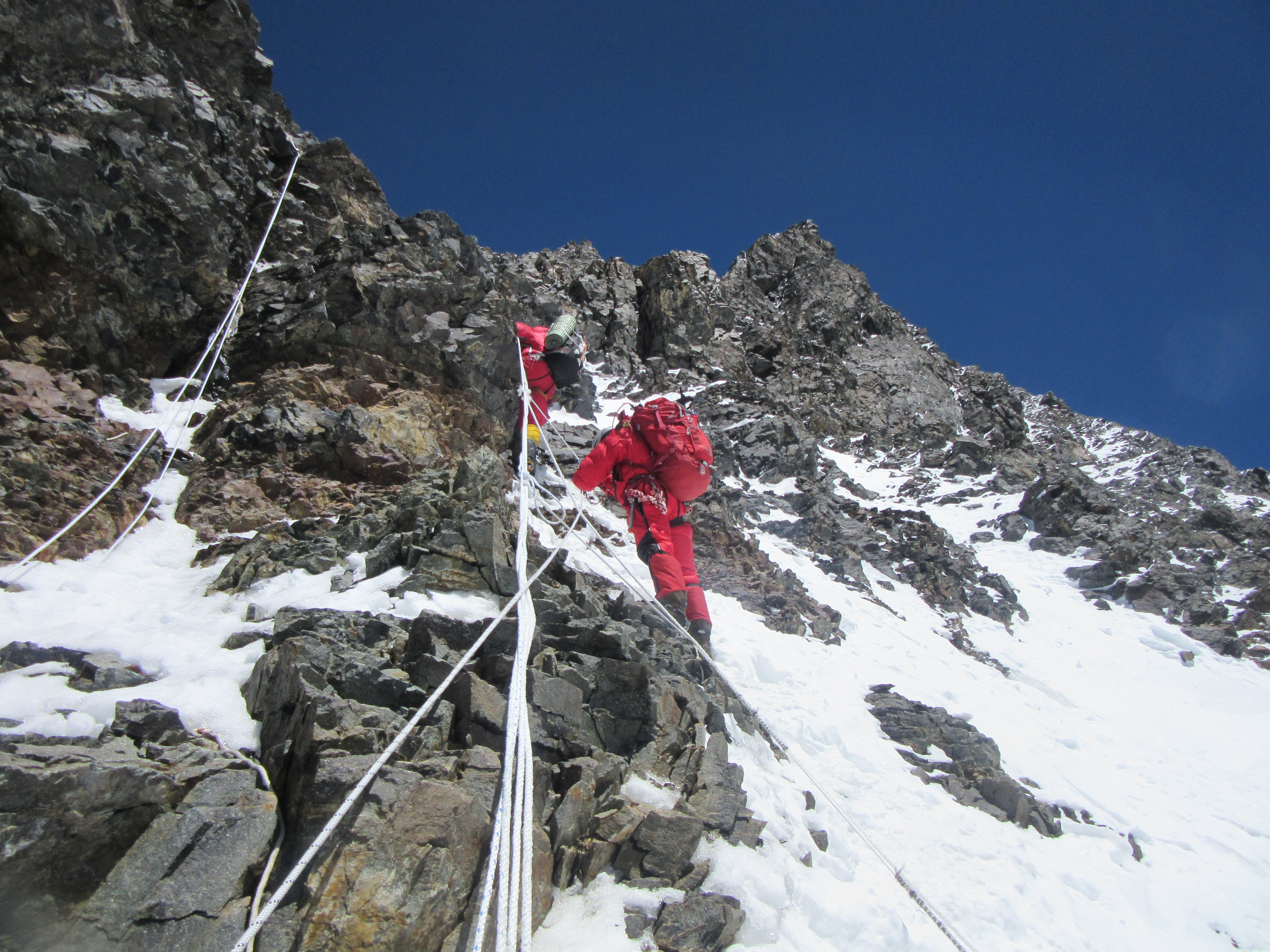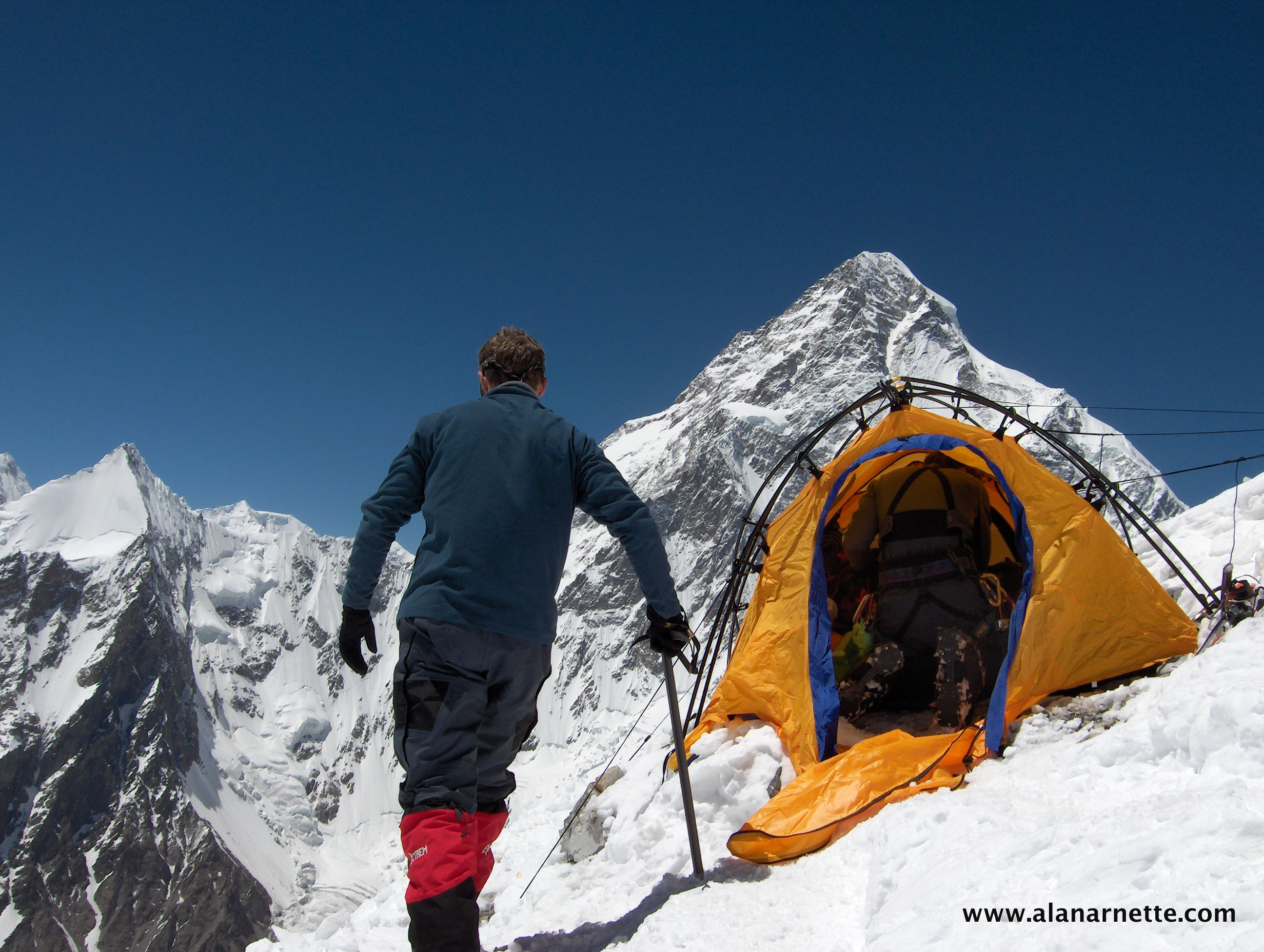This has become an annual post for me as I believe mountain climbing can be a spiritual experience if one is open to it, and it can be difficult for those left back home. So with that, here it goes, updated for 2023.
Leaving home to climb Mt. Everest is no simple task. It’s not a business trip; it’s not a vacation; it’s something entirely different. While it may be your dream, it can be something altogether different for those left behind. As we approach the end of March, scores of climbers are going through this process for Everest 2023.
It’s time for Everest climbers to get focused and serious about the last-minute preparations. Since their dream began, they wondered how this period would feel. They saved money, bought the gear, and trained their bodies for months or even years, but a few crucial steps remain before boarding that plane for Kathmandu.
One of my Summit Coach clients contacted me this week and said, “Hey, Alan. I’m getting very stressed as I get so close. I assume that’s normal?”
I replied, “Pretty much so. Focus on spending time with those who you care most about in this world and leave home with nothing left unsaid.”
Focus on “leaving nothing unsaid” with those who matter most in your life. That’s my message to anyone leaving loved ones for an extended period, or perhaps even for work each morning.
Visualize being on the mountain with a positive outcome, and review your gear using a mental walk-thru of the climb to ensure you have everything you need and want. Finally, surround yourself with positive people who have fun, laugh, and support you.
For this last step of prep, let’s take a closer look at three areas: Physical, Mental, and Emotional.
Physical
With days to go, this area has become simpler compared to a year ago. Bottom line – don’t get sick, don’t get hurt. The time for pushing your limits has passed. Now is the time to let your body rest. Get as much sleep as you can. A night of restful sleep is when your body heals itself and restores. You will not sleep as well during your expedition as you do at home, so take advantage of these last few nights.
Mental
Having the right attitude is crucial to a successful expedition. First, clear off all the items on your to-do list now, don’t wait until the last minute. If you have been putting off buying snacks, that last piece of gear, making sure your cell phone works with the NCELL network – get ‘er done. On the phone, make sure it’s unlocked from your carrier.
Now is the time to get everything at work in order. Train your replacement, talk to your boss, and make sure there are no loose ends and no surprises that will haunt you during the climb. Two months is a long time away from work. If something blows up in week five, there is nothing you can do about it while on Everest, but you can make sure you have done all you can before you leave. But don’t overdo it. Trust those you leave behind to do the right thing. If you don’t, you probably shouldn’t be going.
If you are a list person, make a list and celebrate by checking off the items. If you keep everything in your head, consider using lists to clear your brain for more important subjects. Having these monkeys on your shoulders only weighs you down and distracts you from what is most important, preparing yourself emotionally.
Emotional
Emotional is probably the most important of these three areas—my simple advice: leave nothing left unsaid. I’ve written about this philosophy for my climbs and about Everest for over a decade, and it remains the best advice I can give anyone leaving for Everest.
Closure
I remember overhearing a teammate on an 8000-meter climb yelling at his soon-to-be ex-wife about divorce terms. Not only was he seriously upset and distracted, but it brought a wave of negativity over the entire camp. Another teammate was intent on complaining about her spouse and how he never understood her. While she may have felt better, the negativity was unnecessary and not helpful to everyone else.
Everyone has emotional baggage they carry with them, but an Everest expedition is not the time or place to resolve them. Your Everest teammates are not your therapists. This week is the time to begin to get closure. No, you cannot solve years-long issues in a few days, but you can try to reach an agreement and closure on a few crucial areas.
Family Meeting
Take time to have a family talk about your climb. Get everyone together in the same room and talk openly about the schedule, what to expect, and when you will call or send an email. Set expectations, so you minimize surprises. And remember to tell everyone that no news is not bad news; it is just no news.
Ensure that everyone knows Everest Base Camp is remote and communications are spotty, regardless of what they may read. If voice-to-voice and live communications are vital to you, buy or rent a Thuraya or Iridium satellite phone. It is the only method you can 100% count on from anywhere on the mountain. Yes, it is expensive, but hearing your loved one’s voice after a disaster like an avalanche or earthquake is beyond measure.
If you have parents who live far away, take time to call them and listen carefully to their fears. Talk them through everything. Of all people, they most likely don’t understand why you are climbing. This moment is not the time to argue; it is the time to listen and tell them that you understand that they don’t understand and that you love them.
Communications Blackout
Talk about your summit night, when you will leave. Calculate the time difference so they are clear. If you say, you are leaving High Camp at 10:00 pm, what time is that back home? Talk about it may take 12 to 20 hours before they might hear anything. And talk about your guide or logistics service and what they post on the web. Most importantly, talk about the lack of communication that always occurs during the summit push.
If you use a GPS tracker, set expectations that batteries go dead, the devices are not 100% accurate, so again, don’t jump to a conclusion when something looks odd; for example, your position appears hundreds of miles from your last spot. Talk about what they might read on the Internet and how the press loves to post stories about climbers in trouble and death on the mountain. Set up a support system if something does go wrong. It is OK to talk about problems and what to do.
Who to Call?
Make sure your spouse, partner, or significant other knows who to contact in case of an emergency. If you are going with a well-established western company, they will probably provide a contact available 24 hours a day. Clearly understand how to contact your family in case of an emergency, especially if you are climbing with a small outfit or one of the Sherpa-based guide outfits.
Emergency communication is the one area to make sure there is no confusion. If you have an email or a phone number for your guide service, ask how often it is checked and by whom. You might be surprised to learn that the same person you are climbing with is the one chartered with answering the emergency phone. So if you are both at Camp 3, that means no one will answer the phone or respond to that email.
How Much Information?
If someone close to you is currently ill, be clear on what information you would like to receive if their situation takes a turn for the worse. Please don’t leave it up to those at home to guess. Talk it over now, face to face.
But it gets more complicated. Ensure your “person” knows what your choice would be if something happens to you on the mountain. If you die, do you want your body returned home, if possible, and can you afford it? If not, are you comfortable being left on the mountain forever? Are your loved ones comfortable with your choice?
Have the Talk
But this is the essential emotional step of all. Have a conversation with the one person in your life that matters the most to you. Be open, candid, and honest. Tell them how you feel. Share with them your dreams and your hopes. Carefully listen as they tell you their fears, what will keep them up at night.
While you may be on the mountain, they are climbing with you each step of the way back home. You have the advantage of knowing what is going on, they can only guess, and sometimes they will guess wrong. Often there are no answers to these fears, these dreams, but talking about them together will help you feel closer when you are lying in the tent at Camp 4, with the wind howling and the temperature dropping. You will remember that conversation forever.
Surprise your climber and your loved one with a short video message left on their phone that they can watch before heading toward the top of the world. Your confidence and energy will touch them in ways you never imagined. And those left at home, they will draw on that conversation as they struggle to go to bed on your summit night. It might have been days since they last heard from you, and this conversation will be the strength from which they draw, the comfort as they replay your voice in their mind.
Climbing Everest requires a team, and part of your team is at home.
Leave nothing left unsaid.
Everest 2023 Potpourri
The first Everest climbing permits were issued this week to Mingma Gyalje Sherpa, Imagine Nepal Treks’s fifteen-member team. They are from the United States, Singapore, South Africa, Thailand and China.
Carlos Soria, at age 84, will attempt his nemesis, Dhaulagiri, for the fourteenth time, yes, FOURENTH!! He was there in 2015 when the earthquake hit but never made it to the mountain. However, some still count it as an attempt; thus, the fifteen you may see elsewhere. He will climb with his regular partner, Sito Carcavilla, and be supported by six climbing Sherpas.
Climb On!
Alan
Memories are Everything
Himalayan Database
I use the Himalayan Database as my primary source of Everest summit statistics. If you are climbing in 2023, they are asking you to fill in an electronic web-based survey. This replaces the time-consuming process of visiting each team in their hotel before the climb. Please use this link to complete the survey. You can now download the HDB for free at their site.
Follow Along!
I am posting a few background articles and interviews between now and early April when the teams arrive at the base camps. If you would like to see anything special this year, post a comment or drop me an email.
The Podcast on alanarnette.com
You can listen to #everest2022 podcasts on Spotify, Apple Podcast, Google Podcasts, Pocket Casts, RadioPublic, Anchor, and more. Just search for “alan arnette” on your favorite podcast platform.
Summit Coach
If you dream of climbing mountains but are not sure how to start or reach your next level, from a Colorado 14er to Rainier, Everest, or even K2, we can help. Summit Coach is a consulting service that helps aspiring climbers throughout the world achieve their goals through a personalized set of consulting services based on Alan Arnette’s 25 years of high-altitude mountain experience, including summits of Everest, K2, and Manaslu, and 30 years as a business executive.






3 thoughts on “Everest 2023: Leaving Nothing Unsaid”
This article was amazing and hit on topics that are so important when considering a climb of Everest. Alan has a gift….his writing and topic selection make him standout. I have only ever climbed Mt. Kilimanjaro, and I’ve always wanted to at least see Everest some day. At 70, I realize this isn’t going to happen, but Alan brings climbing to life. Thank you so much!
Perfectly put Alan.
As always you hit the nail right on the head Alan! Leave nothing left unsaid is definitely some of the best life advice whether climbing or not.
Comments are closed.